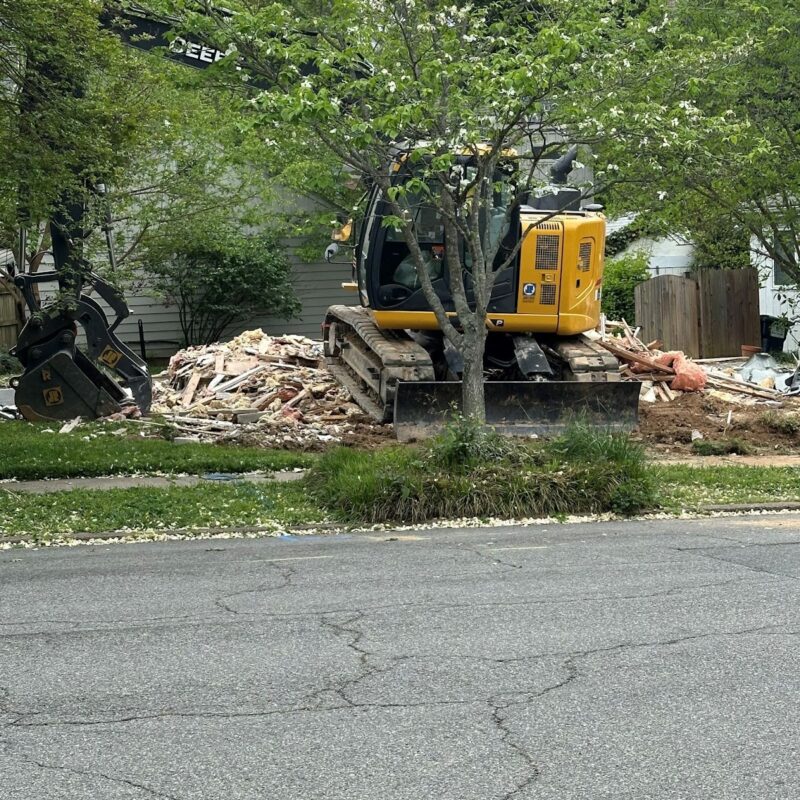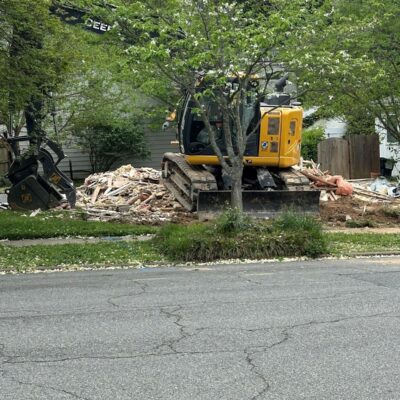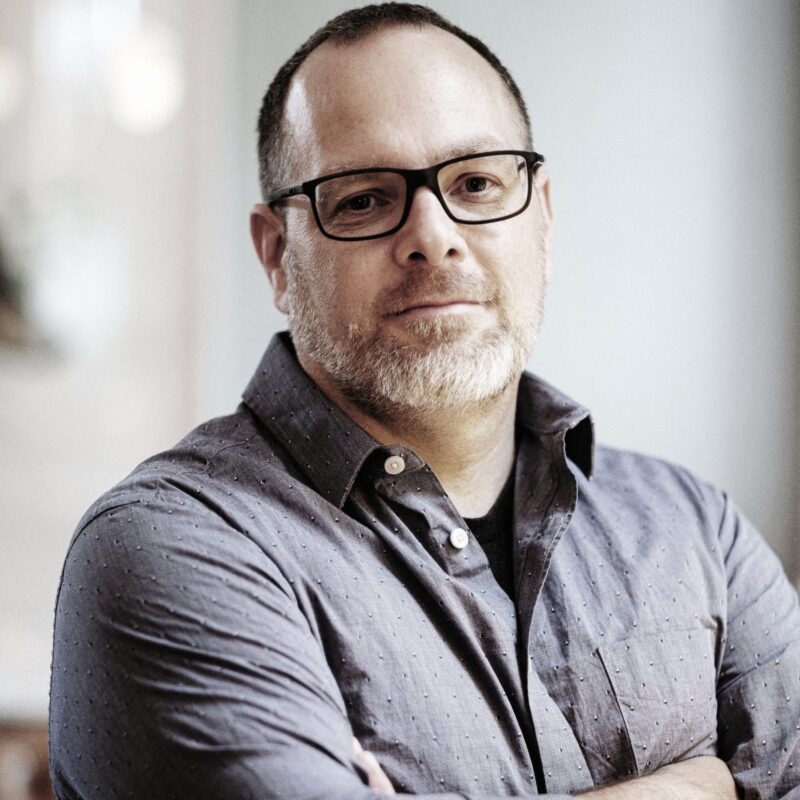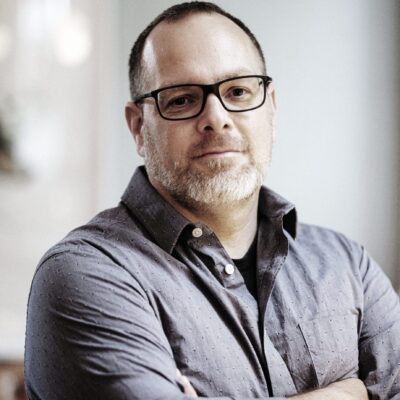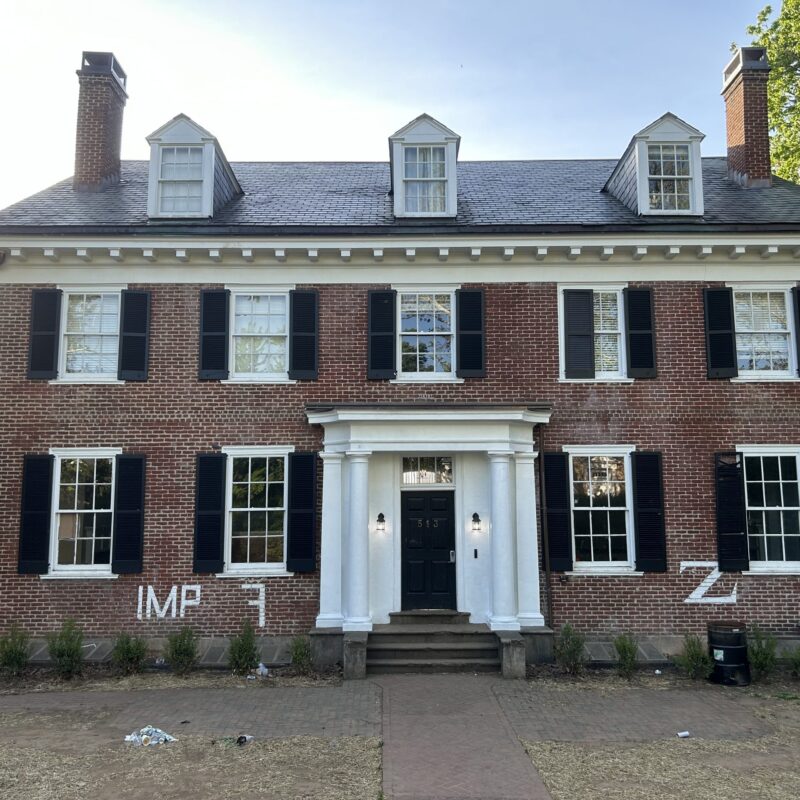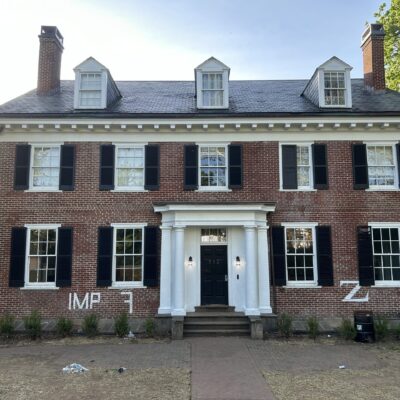City Council has committed to spending $10,000 on a community-wide “dialogue on race,” and during budget hearings, it will weigh whether to spend up to $50,000 more. But the very idea of a dialogue on race seems to have started one, even before Council has spent a dime.
|
Eugene Williams wants the city to go beyond talking about race, and do something to improve its hiring and promotions. |
The idea was initiated by City Councilor Holly Edwards, and identified by Council as a priority at its retreat in the fall. Assistant City Manager Maurice Jones was tasked with coming up with a plan to promote diversity and address race relations. On January 20, he presented City Council with a proposed “Dialogue on Race”—a series of “study circles,” each composed of 10 to 15 local citizens and moderated by a “trained neutral facilitator,” that would meet regularly in the fall and complete various “discussion assignments.” The City of Lynchburg had a similar dialogue last year.
“Our issues with race didn’t develop overnight, and they certainly won’t be changed overnight,” said Jones. “It will take many months of discussion, and ultimately action, to truly address the tensions that exist in our community.”
About a half dozen local residents showed up to Council’s meeting to express support for the initiative.
“It would raise the awareness of white citizens, who live in a bubble of comfort,” said Carolyn Micklem, outgoing director of the African-American Teaching Fellows program. “It would provide an atmosphere where we can listen and learn from each other.”
“It is so very critical that [Edwards’] proposal be adopted and supported fully for implementation,” said Joy Johnson, a board member on the Public Housing Association of Residents. “Racism must be eradicated through forceful, intelligent efforts on the part of all of us.”
But Eugene Williams is not satisfied with the city’s response. Williams is a retired property manager and civil rights agitator who was among those who sued the city schools in the 1950s to end segregation, an end that didn’t come until after schools closed down in 1958 as part of Virginia’s “massive resistance.”
“I guess what we have to do is hope it’s not going to be the same thing that we’ve seen over and over again that we’ve seen over these years,” says Williams. “It gets in a study stage, and a talking stage, and four or five years after that, it boils down that there’s no progress. If anything, it’s retrogressing.”
He doesn’t see a need for spending lots of money on a community dialogue until the city has gotten more blacks into prominent government roles, and he sent a four-page letter to Mayor Dave Norris after reading about the initiative in C-VILLE. Williams thought that Council discussion should have been postponed until after Inauguration Day, so that it could have gotten more press coverage.
After receiving the letter, Norris met with Williams. “Eugene Williams wants to make sure that we lead by example, that we’re not foisting it off on staff,” says Norris. “This really is a commitment from the top down —from Council, the Mayor and the City Manager.” The city says it is studying itself, an effort led by the human resources office.
After Jones’ report, a group eager to talk about race congregated outside of Council chambers. Most of them were from the Thomas Jefferson Memorial Church, a local Unitarian congregation. “It seemed really appropriate to have on the inauguration day,” said Emerald Young.
But they recognized that it can’t just be a city discussion. “This must include the University and the county,” said Elizabeth Breeden.
Norris understands that for the effort to be successful, it has to move beyond “the usual suspects” who normally attend such conversations. “How do we reach out beyond the choir?” he asked Jones.
Jones said that he’s talking with groups “that work with the folks who may be disenfranchised, and they’ve said they’d love to work with us on this.”
Perhaps a bigger problem will be those who feel too enfranchised—those among the area’s well off who don’t think they need to talk about race.
C-VILLE welcomes news tips from readers. Send them to news@c-ville.com.

